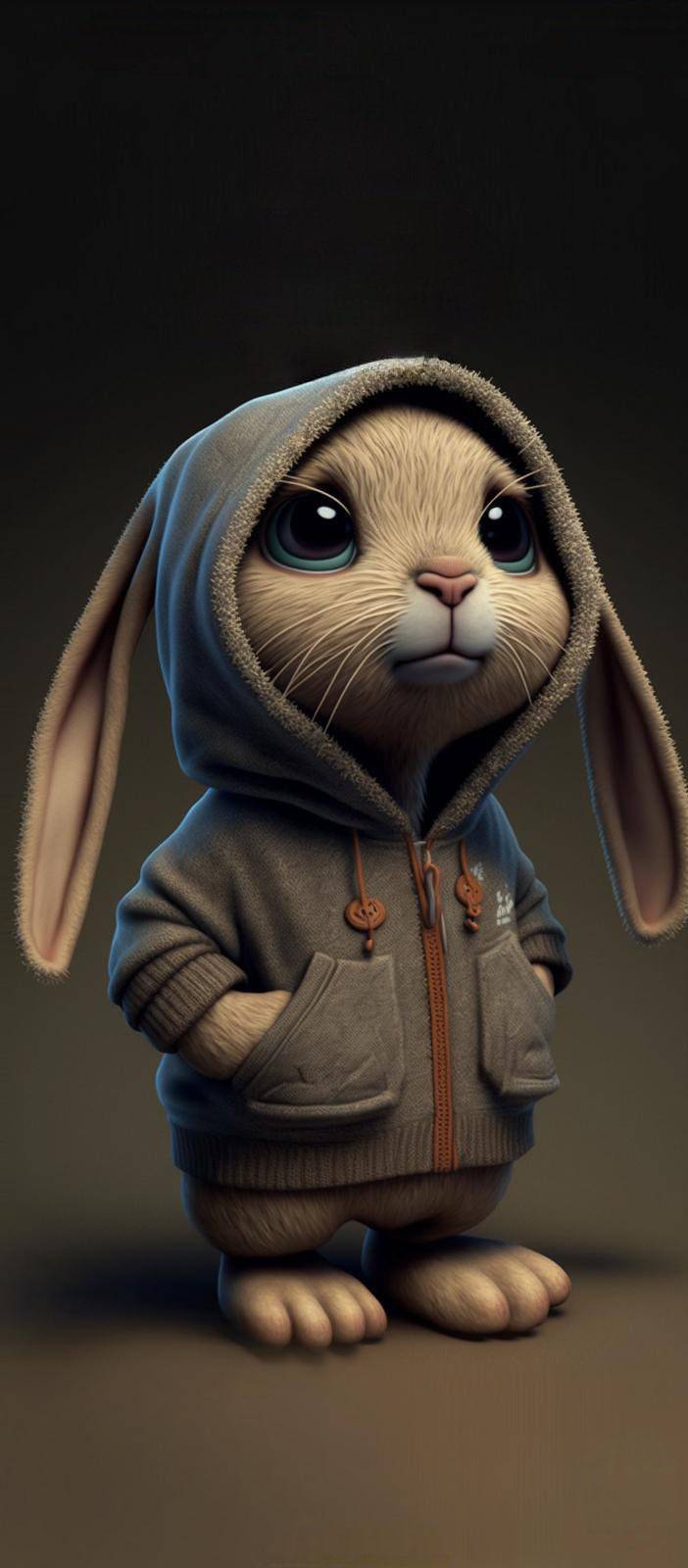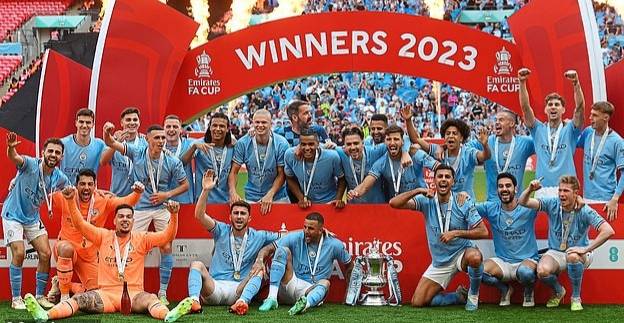There is a passage in Matt Dickinson’s brilliant book ‘1999: Manchester United, the Treble and All That’ which recalls a snatched interview with Peter Schmeichel at an airport check-in desk before the club’s 1997 Champions League semi-final first leg with Borussia Dortmund.
Asked to compare the United side he was playing in with Sir Matt Busby’s great team that won the European Cup in 1968, Schmeichel made considered points about the pace of the modern game and improvements in players’ fitness and conditioning and concluded: ‘We would beat them 10-0.’
Schmeichel did not mean to be dismissive. He was merely observing that in the course of nearly 30 years, the game had moved on. He was accused by some, wrongly, of being disrespectful. George Best said the comments were insulting. A debate raged and then ebbed away when United lost to their German opponents.
The echoes of that debate surged back into football’s tribal discourse over the weekend when Manchester City moved one win away from emulating United’s Treble-winning feat of 1998-99. They face Internazionale in the Champions League final in Istanbul on Saturday for the right to become the only English side to match United’s achievement.
Many, predictably, have rushed to denigrate Sir Alex Ferguson’s side in comparison with Pep Guardiola’s beautiful, bewitching City team that cruised to the Premier League title, eased United aside in the FA Cup final on Saturday and has swept past Bayern Munich and Real Madrid in Europe.
I’m not one of them and, whatever happens at the Ataturk Stadium at the weekend, I never will be.
This City team is a great side but whatever they achieve, and whatever the outcome of the 115 Premier League charges the club is facing, it will not diminish the magnitude of United’s Treble and the impact that that Ferguson side made on all those who witnessed its march on history.
To report on that United team and that 1998-99 campaign in particular felt like a blessing, not just because of the quality of the side but because of the incredible drama it unleashed and the significance it held.
It is easy to forget now that after the horrors of the Heysel Stadium Disaster in 1985, English clubs were banned from European competition for five years and that when United played Bayern Munich in Barcelona in the 1999 final, no English team had won the competition since 1984.
It was a different culture from today when English teams regularly win and reach the final of the tournament. Back then, it felt as if United were pathfinders for English teams in Europe again, just as they had been in the 1950s.
Greatness in a side assumes many forms and that team’s pursuit of history, its attempt to become the first United team to win the trophy since Busby’s team of Best, Bobby Charlton and Nobby Stiles lifted it 31 years earlier, added to the sense of destiny and accomplishment.
What a team that was, too. A goalkeeper in Schmeichel who seemed to be setting new standards for shot-stopping and command of his area and marshalling his defence and a midfield that bears comparison with any midfield that has ever graced the game.
In English club football, the Liverpool midfield that won the 1981 final – Sammy Lee, Terry McDermott, Graeme Souness and Ray Kennedy – was breathtakingly good and even though suspensions stopped the side lining up like this in Barcelona, David Beckham, Roy Keane, Paul Scholes and Ryan Giggs were just about the perfect unit in that 98-99 United season.
Beckham’s crossing and hunger, Keane’s relentless energy, drive and determination. Scholes’s passing and reading of the game and Giggs’s brilliant dribbling and running off the ball all made United an attacking delight to watch and opponents it was almost impossible to stop.
United’s greatness that season was also defined by their opponents, something that Guardiola’s City side, through no fault of its own, has lacked this season. United overcame a magnificent Arsenal team in the league and in a classic FA Cup semi-final replay.
In the Champions League, they overcame a superb Juventus team that featured Zinedine Zidane in his pomp, Edgar Davids, Antonio Conte and Didier Deschamps and they came from 2-0 down in the second leg of their semi-final in the Stadio delle Alpi to do it. And we all know what happened at the Nou Camp in the final.
So, I’m sorry, but if you’re tempted to damn that United side with faint praise, if you’re minded to laugh at the idea that they cannot be considered the equal of this City team, you’re a fool.
Ferguson’s side won it all and they won it with panache and daring and resilience and a spirit that had to be seen to be believed. Guardiola’s City are so good that they deserve to be mentioned in the same breath. As praise goes, that is as good as it gets.
Jose Mourinho was a great manager once but I find it increasingly hard to discern the redeeming features others see in him as a coach.
His thuggish behaviour towards Anthony Taylor and other match officials during and after Roma’s defeat to Sevilla in the Europa League final last week is one thing but the reality is that he’s not actually very successful any more, either.
I keep reading about the renaissance he has overseen in the Italian capital but the last time I looked at the Serie A table, it showed Roma finished in sixth place, 27 points behind champions Napoli and 11 points behind the best team in Rome, Lazio.
The truth is Mourinho is an increasingly bitter, resentful recidivist who looks more and more a man out of his time. The force of an ugly personality, it seems, is still papering over the cracks of a faltering career.
Opponents of Manchester City obsess about how to stop Erling Haaland. Once they think they have found a solution to that, they obsess about how to stop Kevin de Bruyne.
Then they worry about Jack Grealish. If Internazionale are smart, maybe they’ll pay a bit of attention to Ilkay Gundogan, too.
More than anyone in Pep Guardiola’s side, he comes up with the big goals when it matters most.
Manchester United have made significant strides forward under Erik ten Hag and it was to the team’s credit that they stayed within a goal of Manchester City in the FA Cup final.
The result, however, did not camouflage the fact that United still look a long way from being in a position to challenge City over the course of a Premier League season.
They need to buy several players of real quality in the summer to start closing the gap, a task made harder by the tortuous selling process orchestrated by the Glazers, who seem determined to hobble the club until the bitter end of their tenure.
The Manchester United fan who wore a shirt with a disgusting message on it, referencing the Hillsborough disaster, at the FA Cup Final is not representative of the club’s fanbase.
He is, sadly, representative of a minority of fans at many clubs who continue to think that referencing tragedies that have afflicted opponents is fair game.
People like that should be banished from football grounds for good and from free society for long enough to make t hem consider the pain their actions cause




No comments yet
Be the first to share your thoughts!